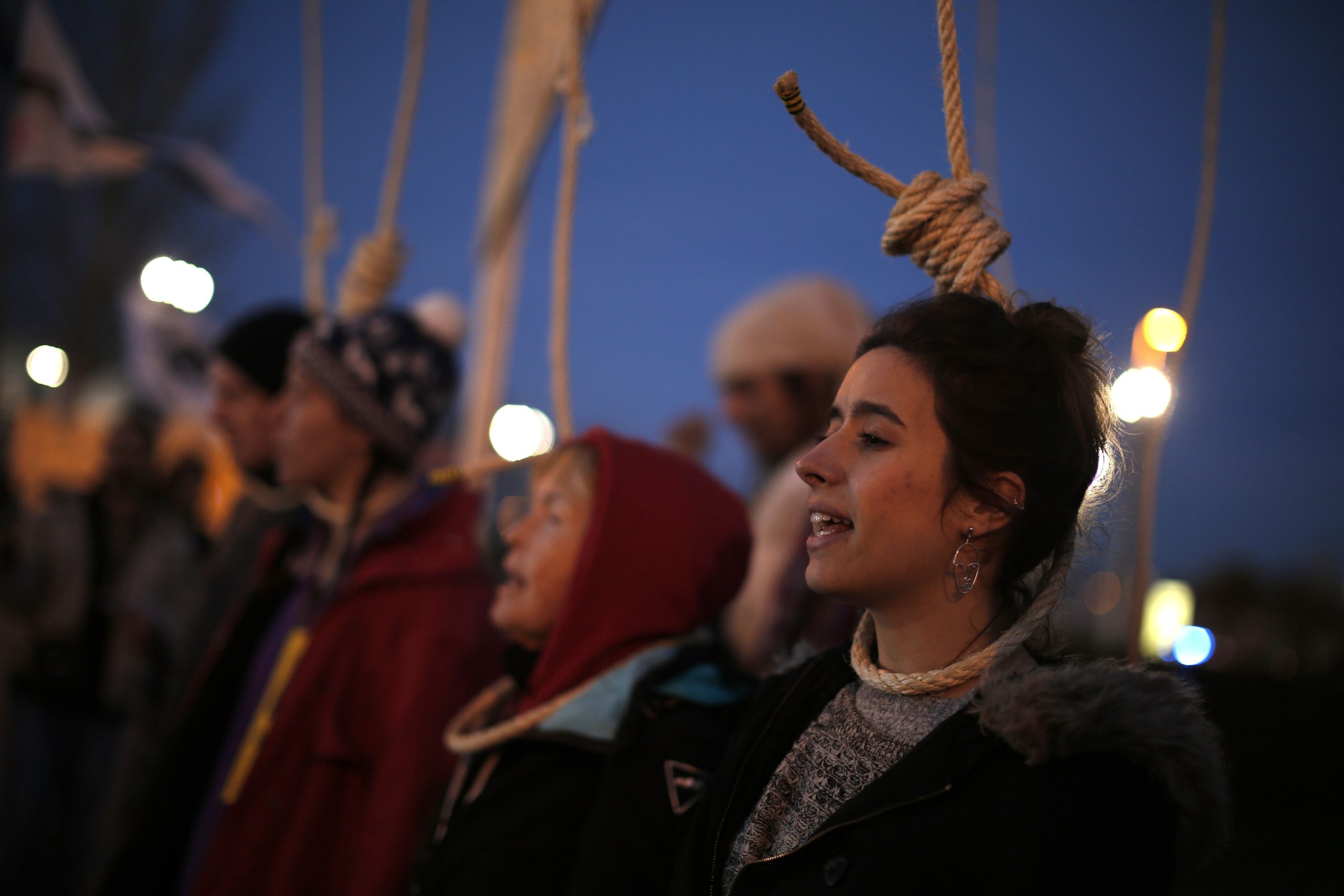Time for a Reset in US-Saudi Relations
By Mel Gurtov
The growing rift between Saudi Arabia and Iran is reportedly causing great consternation in US policymaking circles. Once again, US officials are called upon to decide whether to support an ally that isn’t behaving in accord with US interests, significantly modify the relationship, or abandon it. The Obama administration, like all its predecessors going as far back as the 1930s, values Saudi oil, notwithstanding the current oil surplus. But these days it also wants Saudi participation in talks with Iran on Syria’s political future and continuation of the longstanding intelligence agency ties in Syria that involve a division of labor (CIA training, Saudi money and weapons) in the fight against ISIS.
Unfortunately, the Saudis are showing (surprise, surprise!) that they have their own interests, which include confronting Iran, intervening in Yemen’s civil war (using criminally disproportionate force), and avoiding too deep a military commitment in Syria.
People with a long involvement in US Middle East policy naturally deplore the evolving gulf between the US and Saudi Arabia but insist that the Saudis are too valuable an ally to desert. Dennis Ross, a longtime US State Department negotiator in the Middle East, writes: “Distancing from Saudi Arabia will raise further questions with America’s traditional partners in the Middle East and might mislead the Iranians into thinking the US will never hold them to account on the nuclear deal or their regional behavior.” For analysts like Ross, Iran remains the primary US foe in the region. So long as such thinking holds, support—especially with multibillion-dollar arms packages—for “traditional partners” such as Saudi Arabia and Israel will remain firm no matter how often, and how significantly, those countries’ leaders thumb their noses at Washington.
Therein lies the conundrum that so often seems to afflict US policymaking, in the Middle East and elsewhere. How long must a so-called ally be tolerated and coddled, with mountains of arms, when its actions contradict US policy and violate international norms? The Saudi royal family runs an authoritarian political system that nurtures radical Islamism, suppresses political criticism, and systematically violates human rights. Its mass executions that most recently included a leading Shiite cleric and 46 other prisoners are symptomatic of a brutal, insecure leadership that cares little about bridging Sunni-Shiite differences in the region or successfully implementing Iran’s nuclear weapons deal, and even less about humane values.
Is this a partnership worth preserving? And what does it say about US priorities and purposes in the Middle East if the answer is yes?
So long as the Saudi tail is wagging the American dog in the Middle East, ordinary people there will remain convinced that oil and repression-driven stability are the only things that matter to US leaders. The Saudis have every right to choose their enemies, but by the same token the US has every right to stop soothing and currying favor with a country that is unreliable and unworthy of support. It’s the same argument for ditching Pakistan, another US partner that Washington consistently rewards with arms despite Pakistan’s awful record on human rights, democratic rule, and fighting terrorism. And it’s the same for ending the reflexive support of Israel, whose actions in the Occupied Territories and treatment of Palestinians are clear violations of international law and humane ethics.
So far the US response has been a tepid criticism of the cleric’s execution, a diplomatic urging of “restraint” by Saudi Arabia and Iran, and a needless reminder to the House of Saud that finding a way to end the Syrian civil war has top priority. The Obama administration might have handled this latest Saudi-Iranian test of strength differently, however.
First, it should have demanded that the cleric’s life, not to mention the lives of the other 46 people, be spared. That would have avoided the sacking of the Saudi embassy in Tehran and the consequent strengthening of the hardliners in Iran. If the US demand was not met, it could then take additional steps, such as reducing imports of oil from Saudi Arabia, stopping logistical support of its air operations in Yemen (which should never have occurred in the first place), and cutting military aid to the Saudis. The Saudis might then have come to their senses and realized that their security problems would only be intensified by rupturing relations with Iran and dramatizing the sectarian divide between Shiites and Sunnis.
Of course, in the “real world” of foreign policy, the US is not prepared and may never be prepared to take such a strong and principled course of action. Access to oil, support of Israel, and reliance on the authoritarian Middle East monarchies have been staples of US policy for many decades. Yet wouldn’t it be worth considering that the violence and deprivations of human rights in the Middle East might be alleviated by US adherence to a different set of priorities: social justice, environmental protection (with a focus on water), accountable and transparent governance, and demilitarization through substantial reductions of armaments and arms transfers?
The views expressed in this article are the author\’s own and do not necessarily reflect The Times Of Earth\’s editorial policy.










